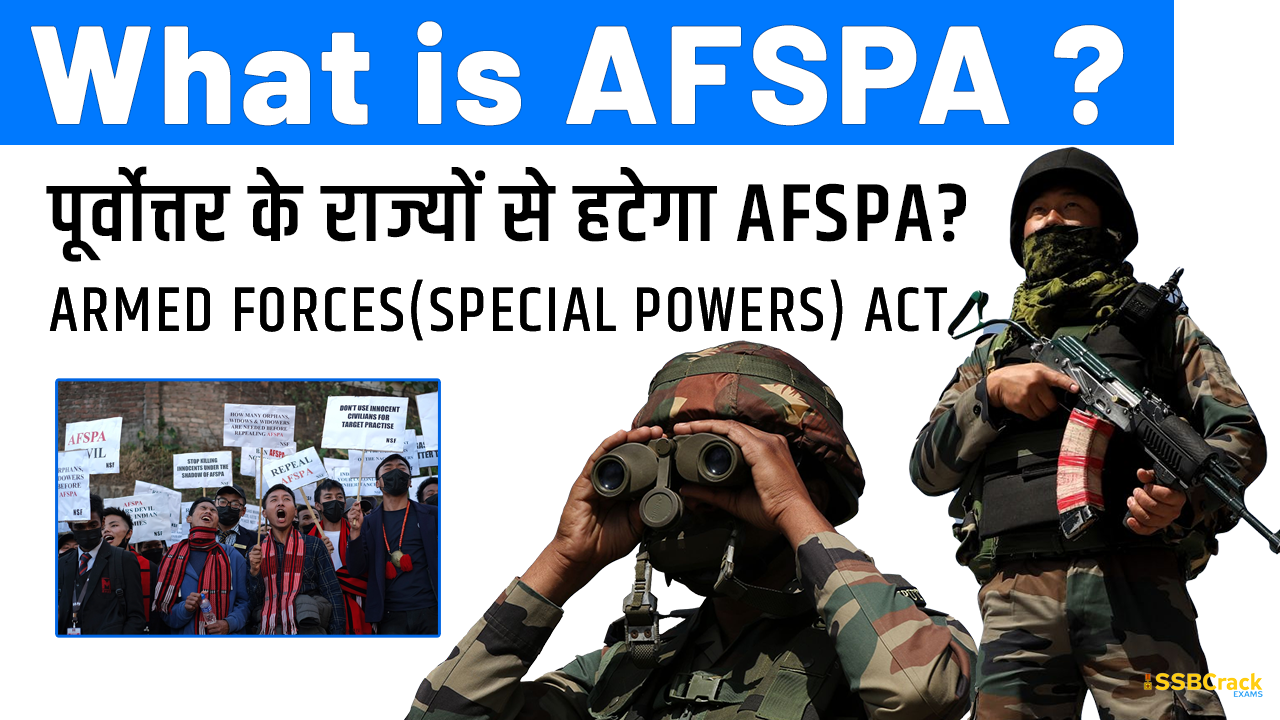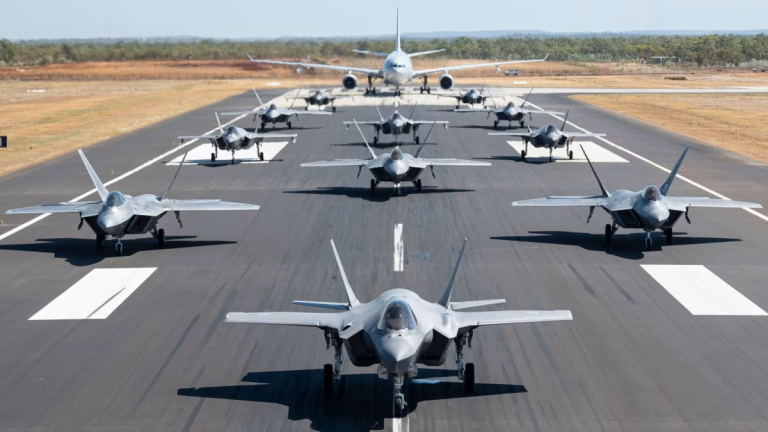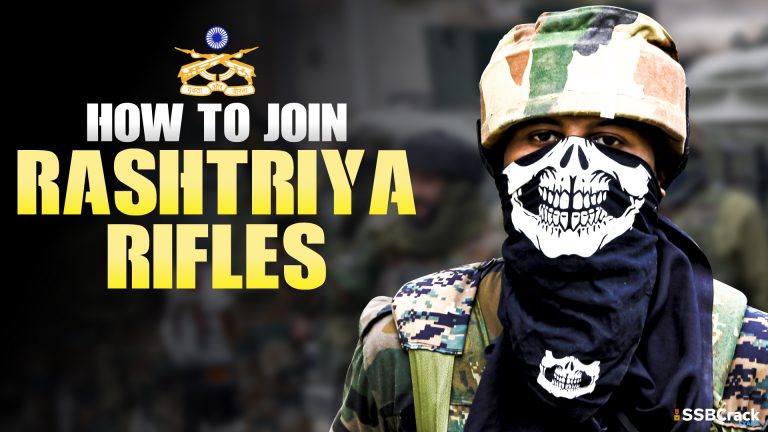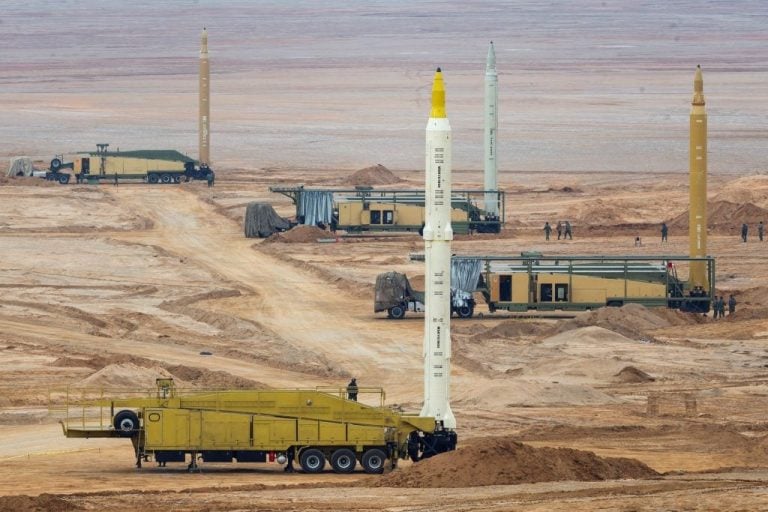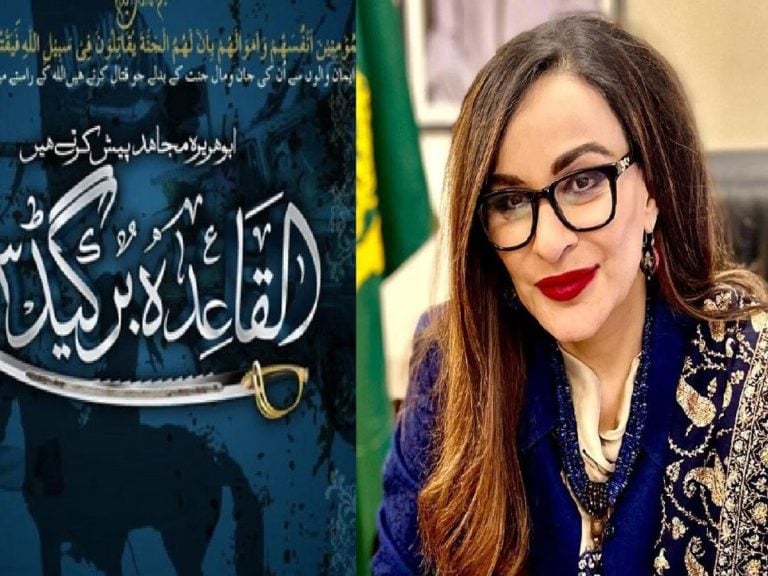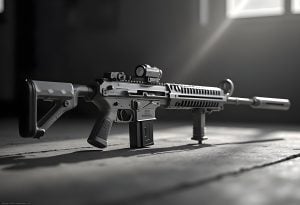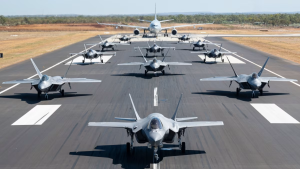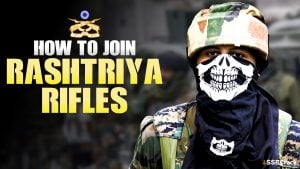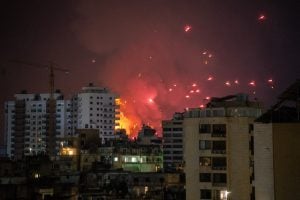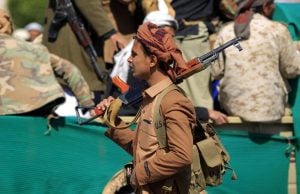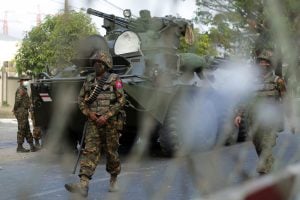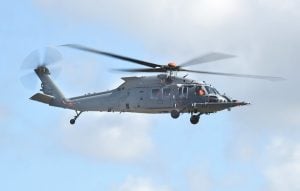Hello Warriors, In simple words AFSPA, Armed Forces (Special Powers) Act (AFSPA), 1958 is an act of the Parliament of India that grants special powers to the Indian Armed Forces to maintain public order in “disturbed areas”
Why Recently In News?
- AFSPA Withdrawn From Several Areas Of Assam, Manipur, And Nagaland.
- 2 Days After Assam And Meghalaya Resolved A Part Of Their 50-year Boundary Dispute In The Centre’s Push For A “Dispute-free Northeast”, Union Home Minister Amit Shah Announced It.
- AFSPA Is Being Removed From:
- 15 Police Station Areas In 7 Districts Of Nagaland.
- 15 Police Station Areas In 6 Districts Of Manipur; And
- 23 Districts Entirely And 1 District Partially In Assam.
- 6 Civilians Were Gunned Down In Nagaland’s Mon District Last December In A Botched Operation By Security Personnel. 7 More Civilians And Security Personnel Died In The Retaliatory Violence.
- The Notification Of “Disturbed Areas” Under AFSPA Has Been In Force In Assam Since 1990, In Nagaland Since 1995, And In Manipur, Except in The Imphal Municipality Area, Since 2004.
- Starting In 2015, The Govt Removed AFSPA Entirely From Tripura And Meghalaya, And Partially From Arunachal Pradesh. Amit Shah Said The Northeast, “Which Was Neglected For Decades, Is Now Witnessing A New Era Of Peace, Prosperity And Unprecedented Development”.
- “Most Of The Extremist Groups Have Laid Down Their Arms. 7,000 Militants Have Surrendered In The Last Few Years. Since 2014, a Reduction Of 74% In Militancy Incidents In 2021. Deaths Of Security Personnel And Civilians Have Also Come Down By 60% And 84%, Respectively” – MHA

Armed Forces (Special Powers) Act, 1958:
- 1942: First Used By British To Quell Quit India Movement.
- 1947: AFSPA Was Issued By Way Of 4 Ordinances.
- 1947: Act Passed To Replace 4 Ordinances.
- 1958: G B Pant Introduced The Bill In Parliament.
- Initially Named As Armed Forces (Assam And Manipur) Special Powers Act, 1958. Later Arunachal Pradesh, Meghalaya, Mizoram, And Nagaland Were Added Later. The Law First Came Into Effect In 1958 To Deal With The Uprising In The Naga Hills, Followed By The Insurgency In Assam.
Issues With The AFSPA Act:
- Governor Of A State And The Central Government Are Empowered To Declare Any Part Or Full Of Any State As A “Disturbed Area” If According To Their Opinion Felt Necessary To Protect Indian Sovereignty, Unity & Integrity.
- Section (3) Of AFSPA States, The Central Government Has The Authority To Deploy Armed Forces For Assisting The Civilian Authorities. Once A Region Is Declared ‘Disturbed’ Then It Must Maintain The Status Quo For A Minimum Of Three Months, As Per The Disturbed Areas Act Of 1976.
- Section (4) Of AFSPA Gives Special Powers To Army Officers In Disturbed Areas To Shoot (Even If It Kills) Any Individual Or Group Who Violates Law / Or Is Suspected To Violate Law. The Only Condition Is That The Officer Has To Give A Warning Before Opening Fire.
- Security Forces Can Arrest Anybody Even Without A Warrant And Carry Out Searches Without Consent. Once A Person Is Taken Into Custody, He/She Has To Be Handed Over To The Nearest Police Station As Soon As Possible. Prosecution Of The Officer On Duty For Alleged Violation Of Human Rights Requires The Prior Permission Of The Central Government.
Similar Acts:
- The Armed Forces (Punjab and Chandigarh) Special Powers Act, 1983
- The Armed Forces (Jammu and Kashmir) Special Powers Act, 1990

Arguments For AFSPA:
- Protect Borders
- Effective Counter-insurgency
- Morale Of Forces
- Operational Requirements
- Adequate Safeguards (Section 5)
Arguments Against AFSPA:
- Colonial-Era Law
- Not A Better Solution
- Violates Human Rights
Supreme Court Views:
- 1998: Naga People’s Movement Of Human Rights Vs. Union Of India (1998): Sections 4 And 5 Of The Act Are Not Arbitrary And Unreasonable And Therefore Not In Violation Of The Provisions Of The Constitution. Strict Guidelines Were Issued.
- 2016: In 2016, The Supreme Court Concerning Internal Security Had Ruled That The Armed Forces Cannot Escape an Investigation For Excesses Committed In The Discharge Of Their Duties Even In ‘Disturbed Areas’. In Other Words, Legal Protection Offered By The AFSPA Cannot Be Absolute.
Justice Jeevan Reddy Committee (2004):
- In November 2004, The Central Government Appointed A 5 -member Committee Headed By Justice B P Jeevan Reddy To Review The Provisions Of The Act In The Northeastern States.
- AFSPA Should Be Repealed, And Appropriate Provisions Should Be Inserted In The Unlawful Activities (Prevention) Act, 1967 & UAPA Should Be Modified To Clearly Specify The Powers Of The Armed Forces And Paramilitary Forces And Grievance Cells Be Set Up In Each District Where Forces Are Deployed.
Second ARC Recommendation (2005):
- The 5th Report Of The 2nd ARC On Public Order Has Also Recommended The Repeal Of The AFSPA. However, These Recommendations Have Not Been Implemented.
Santosh Hegde Committee (2013):
- Submitted Its Report In 2013, Said AFSPA Gave “Sweeping Powers” To Men In Uniform Without Granting Citizens Protection Against Its Misuse.
Way Forward:
- The Status Quo Of The Act Is No Longer The Acceptable Solution
- Address Human Rights Violation Incidents
- AFSPA Has Become A Symbol Of Oppression
- Lifting Of AFSPA On A Case-by-Case Basis
- Nobody Is Above The Law
- Abide By The Constitution & Guidelines Issues
REVIEW QUESTIONS
- AFSPA Stands For
- Armed Forces Special Protection Act
- Armed Forces Special Powers Act
- Armed Forces Superior Powers Act
- Armed Forces Superior Protection Act
ANSWER: B
- Initially AFSPA Was First Passed To Quell
- 1857 Revolt
- Non-Cooperation Movement
- Civil disobedience Movement
- Quit India Movement
ANSWER: D
- Armed Forces (Special Powers) Ordinance, 1942 Was Passed By
- Lord Linlithgow
- Lord Wavell
- Lord Mountbatten
- Lord Dalhousie
ANSWER: A
- Armed Forces (Assam And Manipur) Special Powers Act, 1958
- Kailash Nath Katju
- Govind Ballabh Pant
- Lal Bahadur Shastri
- Yashwantrao Chavan
ANSWER: B
- The Armed Forces (Punjab and Chandigarh) Special Powers Act
- 1983
- 1985
- 1989
- 1990
ANSWER: A
- The Armed Forces (Jammu and Kashmir) Special Powers Act
- 1986
- 1990
- 1992
- 1995
ANSWER: B
- Empowered To Declare Any Part Or Full Of Any State As “Disturbed Area”
- Governor
- Central Government
- State Government
- Both A & B
ANSWER: D
- Section (3) Of AFSPA Allows Central Government To
- Dismiss The State Government
- Impose Presidential Rule
- Deploy Armed Forces
- None Of The Above
ANSWER: C
- Justice Jeevan Reddy Committee Was Appointed In
- 2002
- 2003
- 2004
- 2005
ANSWER: C
- Santosh Hegde Committee Submitted Its Report In
- 2010
- 2011
- 2012
- 2013
ANSWER: D
You can prepare for defence entrance exams such as NDA, AFCAT, INET, and CDS by taking Written Online courses as they will not only give you access to full-length quality lectures but will also provide the facility to take standardized mock tests for better study and strategic growth in the exam. You can take multiple quizzes after each lesson to ensure the full understanding of the subject along with creating your customized lesson plans. You can check out the course content along with other important specifics at SSBCrackExams.
To crack the SSB Interview, You can join our SSB interview live classes batch and we recommend you to Enroll SSB INTERVIEW ONLINE COURSE. Trusted by thousands of defence aspirants.
Also Read:
- What Is The Financial Action Task Force (FATF)? [Fully Explained]
- What Is Quadrilateral Security Dialogue (QUAD)?
- Difference Between NATO Vs Russia [Expained]
- What Is United Nations Security Council (UNSC) [Explained]
- Everything You Need To Know About SAARC: South Asian Association For Regional Cooperation
- All About Russia Ukraine War: SSB Interview Topic [Fully Explained]


